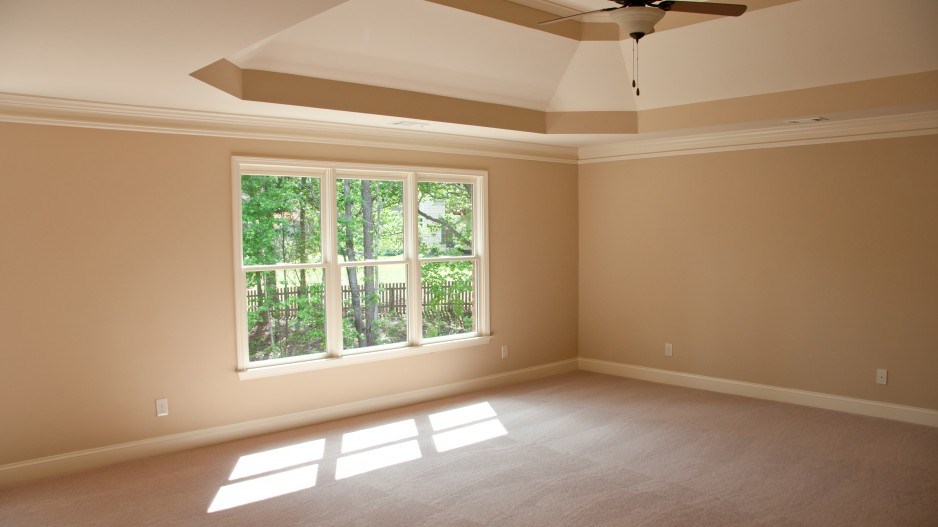A top B.C. economist has panned the City of Vancouver’s proposed plan to implement its empty homes tax.
Thomas Davidoff, a University of British Columbia Sauder School of Business professor, made his comments following Finance Minister Mike de Jong’s July 11 announcement that the provincial government will not oppose Mayor Gregor Robertson’s proposal.
First mentioned by Robertson in late June, the tax would take the “next steps for the city to implement a tax on empty homes, at a time when Vancouver faces unprecedented low rental vacancy (0.6%) and rapidly rising housing costs,” according to the city’s website.
But Davidoff said there are better ways to proceed. The city has floated the idea of creating three property classes: primary residence, long-term rental and other. Davidoff views the "other" category as an excellent tax base if the goal is to improve affordability.
“The mayor said something very dismaying at his press conference, which was that this is going to be on 12 months’ vacant properties. You might as well call it an Airbnb subsidy instead of a vacancy tax. If I’ve got a place in Coal Harbour, I’ll just list the place for $750 a night, somebody will take it two nights a year and I’m not vacant, what is that? That’s crap.”
Davidoff, the author of an alternative proposal signed by 47 economics professors (45 from UBC and two from Simon Fraser University) – a 1.5% annual B.C. Housing Affordability Fund (BCHAF) surcharge – said the city’s plan will create a “way too narrow base”. The fund, said Davidoff, would properly funnel money from vacant properties and owners who are not Canadian taxpayers to help move unoccupied suites into the rental market.
The contribution structure would provide broader exemptions than those under the Home Owner’s Grant, said the report, by allowing non-resident landlords and not-yet-landed immigrants with taxable Canadian earnings to claim exclusions. He added that it would also catch many “astronaut” homes, where families work and earn income abroad but live in Vancouver.
“Taxes and zoning, that’s what needs to be done,” added Davidoff, saying the city’s proposal would get only about “5% to 10%” of what its plan proposes.
Simon Fraser University Beedie School of Business professor Andrey Pavlov, a BCHAF co-signer, said the provincial government’s recent announcement that it plans to take over regulation of the real estate industry and the City of Vancouver’s empty homes tax are both “baby steps in the right direction”.
He noted this implies more market regulation; however, he added that it will not negatively effect the real estate industry.
“Are they becoming more hands on? I don’t know if that’s how I would characterize it. I think what they’re actually doing is letting market forces work better. So making sure there is no fraud or no unethical behaviour is part of allowing a functioning market to work.”
Pavlov added that he also has concerns about implementation and enforcement, echoing Davidoff’s sentiment that the Home Ownership Grant is the place to start. Grants are currently available to seniors and people living with disabilities but eliminated for homes worth over approximately $1.3 million.
“There is obviously going to be some abuse, and there are some people who are going to try to hide it. Maybe have one student living in a huge house, that kind of stuff. But it certainly can be done. We do a lot more complicated things in terms of taxation, so I think this is something we can enforce if we choose to.”




